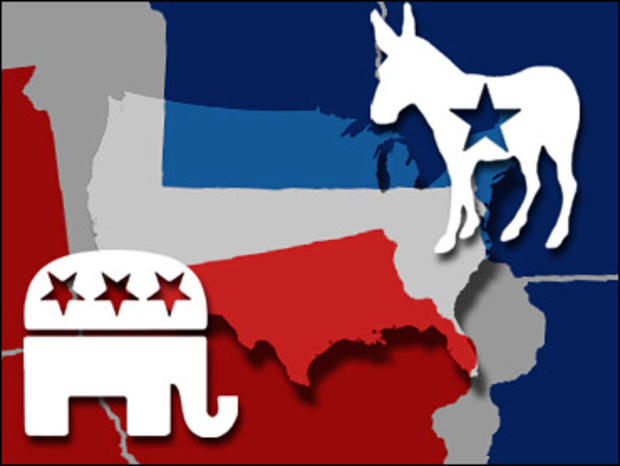Massachusetts Pushes for Popular Presidential Vote
Massachusetts is poised to become the sixth state to approve a law intended to bypass the Electoral College and elect the president of the United States by popular vote.
"What we are submitting is the idea that the president should be selected by the majority of people in the United States of America," said Democratic state Sen. James Eldridge, the Boston Globe reports. "Every vote will be of the same weight across the country."
The state senate passed the bill 28 to 9, the Globe reports, and it now goes to the desk of Democratic Gov. Deval Patrick, who has said he supports the idea.
Under the law, all 12 of Massachusetts' electoral votes will go to the presidential candidate who receives the most votes nationally. However, it will not go into effect until enough states have signed onto the plan to ensure that at least half of the nation's electoral votes -- 270 out of 538 -- go to the candidate who won the popular vote.
So far, Illinois, New Jersey, Hawaii, Maryland and Washington have also enacted the law, for a total of 61 electoral votes, according to the National Popular Vote campaign.
Under the current system, each state is allowed to determine how to proportion its delegates to the electoral college -- equal to its numbers of U.S. senators and representatives. Typically, whichever candidate wins the popular vote in a state gets all of that state's electoral votes. The candidate who wins the popular vote does not always win the electoral college.
Supporters of the movement for a popular vote say it would compel candidates to stop ignoring states like California or Texas, which are predictably Democratic and Republican, respectively.
Opponents of the bill in Massachusetts say they are concerned that that the candidate who wins the popular vote nationally may not win in Massachusetts, the Globe reports. Massachusetts Senate minority leader Richard Tisei also reportedly criticized legislators for circumventing the normal constitutional amendment process.
The movement to get enough states to support the measure has won support from both Democrats and Republicans across the country, and a move to the popular vote is popular among the public. In a 2007 Washington Post poll, 72 percent of respondents said they would support changing to a system where the president is elected by popular vote.

